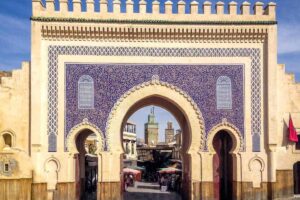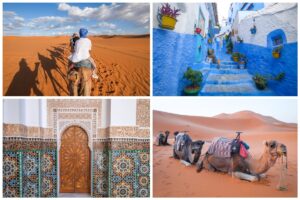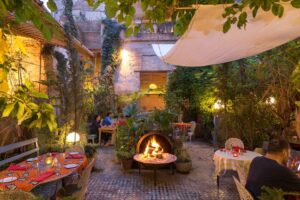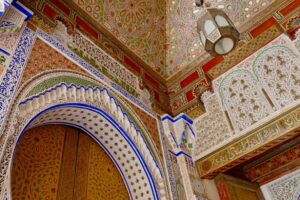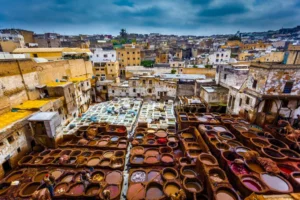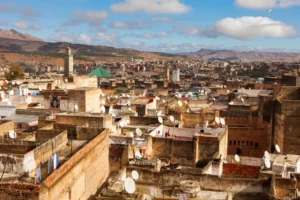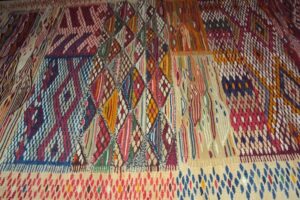Fes is Morocco’s cultural and spiritual capital, making it one of the nation’s top attractions. The FesMedina(old-walled city), known as Fes el-Bali, is a UNESCO World Heritage Site and the primary reason people flock to this vibrant city. WithinFes el-Bali, you’ll find an intricate labyrinth of over 9,000 narrow streets, bustling with shops selling everything from spices to artisanal crafts. Visitors should brace themselves to easily lose their way, but this adventurous detour often leads to delightful surprises.
Read More
